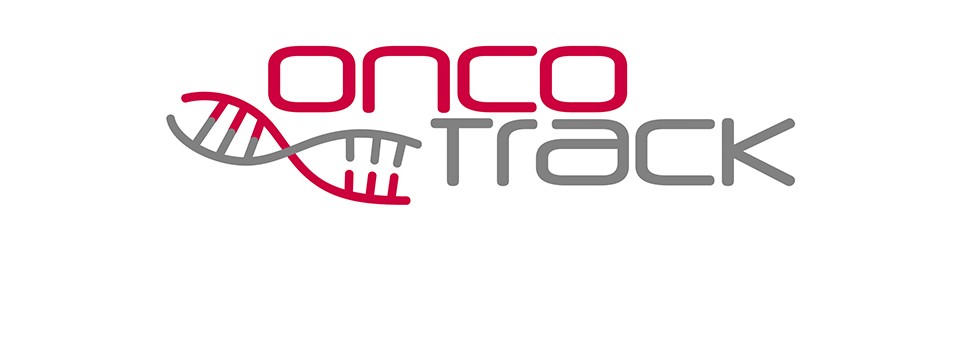Comparing clinical data across multiple disease areas
The Challenge
Biopharmaceuticals provide a valuable new approach to disease management. But a significant limitation in their use is the development of anti-drug antibodies (ADA) in some patients. The development of ADA is seen to some extent across all diseases and with all treatments, but the individual data sets for any single disease and treatment have usually been small. ABIRISK seeks to bring these data sets together to understand the common underlying causes of ADA. To do this, disparate data sets from multiple disease areas and many different institutions need to be analysed together. These data can be decades old and drawn from all corners of Europe using a wide range of clinical techniques and standards. They must then be combined with new data from studies commissioned by ABIRISK themselves. ABIRISK needs to bring these data together in such a way that common factors can be identified.
The eTRIKS solution
Together ABIRISK and eTRIKS have set up a jointly managed environment in which the data from the ABIRISK partners can be quality checked, standardised to ensure it is compatible, curated into a standard data tree and loaded into the latest version of tranSMART to allow novel analyses across disease areas. In addition to ground breaking research, this collaboration is also leading the way in establishing the legal framework in which IMI projects can work together effectively.
The details
- tranSMART 1.2 deployed and data sets transferred
- Data anonymisation procedure for clinical data reviewed and amended
- Data hosting platform created and deployed
- Efficient data curation process developed
- Data curated into hosted environment – data transferred from existing IDBS to fully supported eTRIKS hosted environment
- Security model designed and implemented
- Data QC pipeline developed
- Data export functionality developed for longitudinal data
left
- Client
- U-BIOPRED
- Date
- September 4, 2015
- Website
- View website
Comparing clinical data across multiple disease areas The Challenge Biopharmaceuticals provide a valuable new approach to disease management. But a significant limitation in their use is the development of anti-drug antibodies (ADA) in some patients. The development of ADA is seen to some extent across all diseases and with all treatments, but the individual data sets for any single disease and treatment have usually been small. ABIRISK seeks to bring these data sets together to understand the common underlying causes of ADA. To do this, disparate data sets from multiple disease areas and many different institutions need to be analysed […]- Client
- U-BIOPRED
- Date
- September 3, 2015
- Website
- View website
Analysis pipelines for very rich data sets The Challenge OncoTrack is looking at deep data sets for cancer patients to discover new markers for Colon Cancer. The goal of OncoTrack is to identify and characterize biomarkers that will help our understanding of the variable make-up of tumours and how this affects the way patients respond to treatment. This can be used to guide appropriate therapy choices for each individual patient. The data sets created are extremely rich containing clinical data, animal xenograft data and a wide range of genomic information including GWAS and NGS. Already hundreds of terabytes of data […]- Client
- U-BIOPRED
- Date
- September 1, 2015
- Website
- View website
Unbiased comparison of data sets The Challenge Severe Asthma is often difficult to manage and many patients are unresponsive to treatment. Furthermore, it is thought that there are many different phenotypes of asthma that are not properly understood. U-BIOPRED aims to create ‘handprints’ that identify sub-phenotypes of asthma. The handprints can then be used to better understand the disease and lead to better targeted treatments for the individual. U-BIOPRED handprints include a wealth of diverse data on each patient and the researchers need to compare and combine them in an unbiased environment. This will permit identification of a wide range […]



